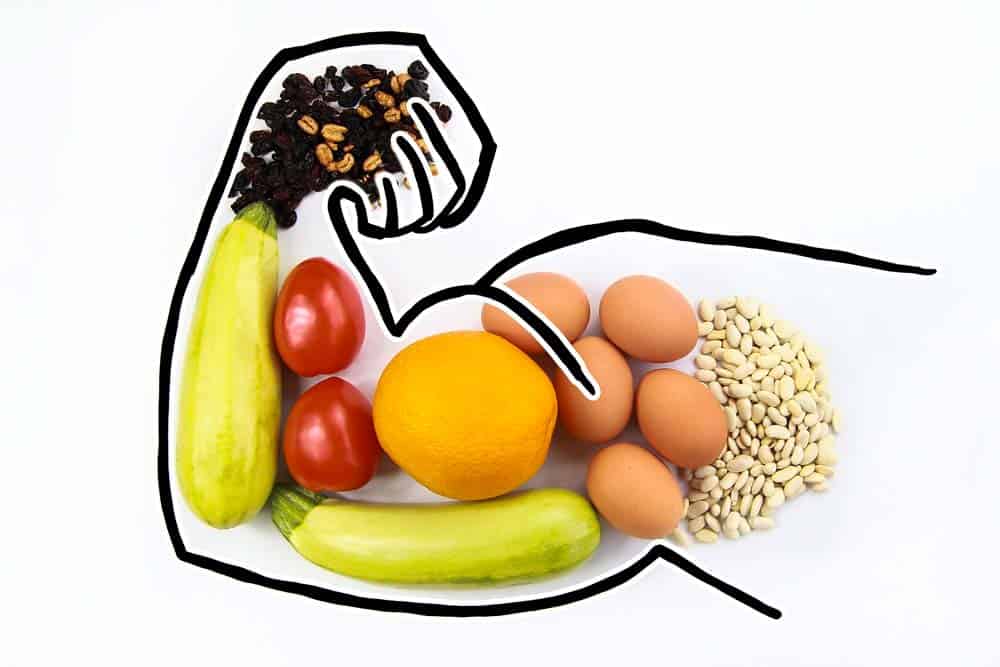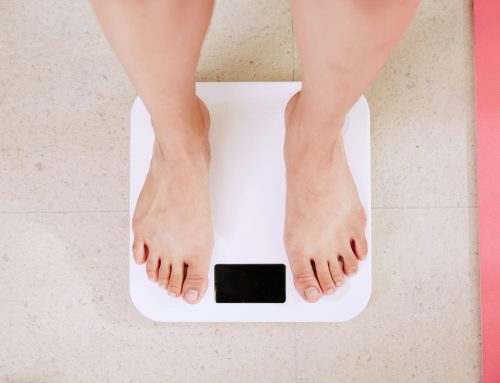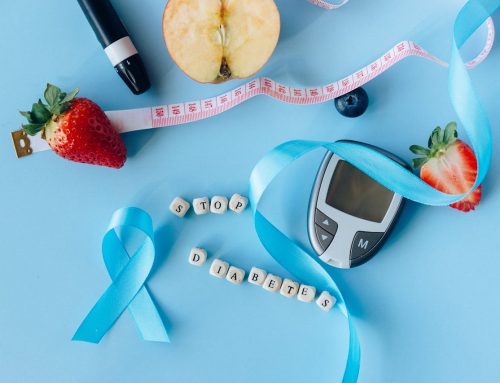If you have low testosterone, you’re not alone. Some 4 to 5 million men in the United States have hypogonadism or low T, which can cause a range of different issues if left untreated. However, while many people turn to medical supplements to treat low T, many foods naturally boost testosterone.
Up next, we’ll introduce you to a list of testosterone boosting foods that you can add to your daily meals. We’ll also give you the low down on what causes low testosterone in the first place so you can figure out if these foods are right for you.
Contents
Foods That Increase Testosterone
First things first, there are no “high testosterone foods.”
This is because food doesn’t have testosterone. Rather, our body uses various vitamins, minerals, and cholesterol to produce testosterone naturally in the adrenal glands, testes, and ovaries.
So, instead of consuming “high testosterone foods,” which don’t exist in the natural world, you can consume foods that contain large quantities of certain vitamins, minerals, and cholesterol – all of which are essential to the production of testosterone in the body.
Foods that are high in zinc, vitamin D, and cholesterol have all been linked to increased testosterone levels. These foods include:
- Milk and other dairy products
- Broccoli and cauliflower
- Eggs
- Fortified cereal (high in vitamin D)
- Brussel sprouts
- Pomegranates
- Beans and other legumes
- Oysters
- Spinach and kale
- Tuna, cod, tilapia, and salmon
- Shellfish (e.g., lobster and crab)
It’s important to note that maintaining a healthy, balanced diet is crucial to long-term testosterone levels rather than relying on eating more of a specific type of food. A 2013 study from the University of Florence found that maintaining a healthy weight, or losing weight for those who are overweight, is linked to higher levels of testosterone in the body.
Including foods that are high in vitamin D and zinc in your diet is certainly helpful, but this shouldn’t come at the cost of overall nutrition. This is particularly true with high-cholesterol foods, which may have a negative impact on your blood cholesterol levels when consumed in vast quantities.
What Is Testosterone?
Testosterone is a naturally-occurring hormone found at various levels in all human bodies, regardless of sex or gender identification. However, it’s most commonly associated with the male body as it is important for the development of the male reproductive system.
In fact, testosterone plays a vital role in the human body. According to Harvard Medical School, testosterone helps with male puberty, particularly with the following processes:
- Voice deepening
- Development of male sex organs
- Growth of facial hair
- The appearance of pubic hair
- Sex drive
- Production of sperm
Additionally, testosterone helps with overall muscle strength and size, as well as with the growth and strength of bones. There is also evidence suggesting that the hormone is important in regulating moods, but this process isn’t well understood.
With that in mind, testosterone is important in all human bodies, not just in people with Y chromosomes. While it’s normally associated with male puberty, testosterone is also produced within the ovaries.
Scientists believe that testosterone is also responsible for other bodily functions, such as bone strength and ovarian function (in people who are biologically female).
Can You Have Low Testosterone?
Regardless of someone’s biological sex or gender identity, it is possible to have too little testosterone. There is a condition known as “low testosterone” or “low T,” where the body doesn’t produce enough of this hormone.
In male humans, testosterone naturally declines with age. However, for some people, low T is the result of other medical conditions, chemotherapy, radiation, stress, or issues with the pituitary gland.
Although most people with low T are asymptomatic (i.e., have no subsequent medical issues), the condition can cause various problems. These problems include:
- Decreased libido
- Erectile dysfunction
- Infertility
- Loss of muscle mass
- Poor sleep
- General fatigue
Additionally, some people’s bodies simply don’t respond to testosterone, regardless of how much is available or produced by their endocrine system. Although fairly rare, conditions such as androgen insensitivity syndrome can prevent the human body from undergoing puberty, and, in some instances, can cause gender dysphoria.
With all of that said, having lower levels of testosterone isn’t always a bad thing. For people who are symptomatic, low testosterone has been linked to lower risks of prostate cancer.
Low levels of testosterone may also reduce your risk for hair loss and balding. One of the main causes of the most common types of hair loss is DHT (dihydrotestosterone), which is a hormone derived from testosterone. As such, having low levels of testosterone can help you keep your full head of hair for longer.
Can You Have Too Much Testosterone?
While many people are concerned that they have low testosterone, it is certainly possible to have too much testosterone in the body.
Too much testosterone is associated with a variety of issues, including
- Low sperm count/infertility
- Prostate issues
- Liver disease
- Heart damage
- Weight gain and fluid retention
- Acne
- Increased risk of blood clots
- Headaches and insomnia
- High blood pressure
- High cholesterol
- Extra hair growth
- Irregular menstruation
There are many reasons why someone might have too much testosterone. Often, people have abnormally high testosterone when they use anabolic steroids. People who take improper doses of testosterone supplements are also at risk.
In females, excessively high testosterone is often caused by polycystic ovary syndrome (PCOS). This condition is often diagnosed before the age of 50, yet it’s not entirely clear what causes it.
The good news is that abnormally high testosterone levels are, well, abnormal. With the exception of people who use anabolic steroids, misuse testosterone supplements, or those who have certain medical conditions, high testosterone levels are not common. In reality, low testosterone level is a much more likely scenario.
Should I Eat Testosterone Boosting Foods?
Since most testosterone boosting foods contain essential vitamins and minerals, like Vitamin D and zinc, there’s no reason not to eat them. However, even though many high cholesterol foods are also listed as “testosterone boosting,” they should be consumed in moderation because of the potential negative effects of excessive dietary cholesterol.
At the end of the day, eating a nutritious and well-rounded diet to maintain a healthy weight is more important for testosterone levels than eating a specific type of food.
If you’re experiencing negative signs and symptoms due to persistent low testosterone (despite your healthy lifestyle), it’s worth talking to your doctor for more specific medical guidance.








Leave A Comment